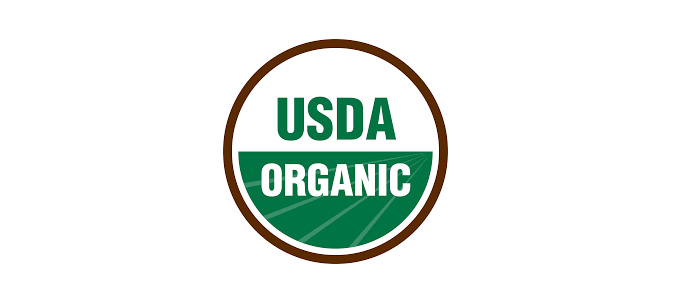A Colorado farm grows by getting smaller, more specialized
A recent article from DTN highlighted a Colorado farm that has found its way out of the “Go Big or Go Home” cycle of commodity crop production by focusing on craft beer. For many years the Cody farm in Colorado produced malting barley which they sold to the big brewers. But over time, the grind to cut costs and squeeze more efficiency out of the operation reached the point that the farm was headed for liquidation.
The Cody family decided to take a chance by focusing on smaller, more localized brewers with a craft malt business that specialized in unique and small-batch malt barley. The change in direction paid off as the farm’s customer base from craft breweries looking for custom ingredients grew rapidly – the decision essentially saved the family farm. The farm added their own brewery in 2018, Colorado Farm Brewery.
What we really appreciate about this success story is its challenge to the long-running premise that farms must get big, spread their costs, and produce the same 4 to 5 commodities every year. And it really highlights the benefits of building a Brand. Going smaller and establishing a brand to focus on quality and flavor was the right recipe for keeping the farm in the family.
Vermont expands regulation of biostimulants
Vermont recently passed legislation to regulate biostimulants under the State’s existing fertilizer laws. The new law adds the terms “plant amendment”, “plant biostimulant”, and “soil amendment” as regulated product categories and will require registration by the State Agriculture Agency and mandatory labeling.
- “Plant amendment” is any substance applied to plants or seeds that is intended to improve growth, yield, product quality, reproduction, flavor or other favorable characteristics of plants, except for fertilizer, soil amendments, agricultural liming materials, animal and vegetable manures, pesticides, and plant regulators.
- “Plant biostimulant” is a substance or microorganism that, when applied to seeds, plants, or the rhizosphere, stimulates natural processes to enhance or benefit nutrient uptake, nutrient efficiency, tolerance to abiotic stress, or crop quality and yield except for fertilizers, soil amendments, plant amendments, or pesticides.
- “Soil amendment” is a substance or mixture of substance that is intended to improve the physical, chemical, biological, or other characteristics of the soil, except fertilizers, agricultural liming materials, unprocessed animal manures, unprocessed vegetable manures, pesticides, and plant biostimulants.
These regulations for plant amendments and plant biostimulants will also apply when used as a seed treatment.
Dicamba faces an onslaught of legal woes
Dicamba is again at the heart of a new wave of lawsuits throughout the country. DTN reported on two new lawsuits involving alleged damages from dicamba drift and volatilization:
- Arkansas-based Coy’s Honey Farm has claimed in a new lawsuit that dicamba has made it impossible to sustain honey bee operations in eastern Arkansas because the herbicide has decimated vegetation the bees require to make honey.
- A group of Texas wine vineyards has sued, claiming that widespread dicamba applications in the High Plains cotton region have resulted in significant injury to grapevines and reduced production.
In addition to those, a pair of lawsuits filed in Arkansas sought to enjoin the State Plant Board’s rules for dicamba applications in the 2021 season, which extended the window for in-crop application from May 25 to June 30. The Arkansas trial court initially entered an injunction against the Rule which effectively made May 25 the cutoff date. However, the Arkansas Supreme Court entered a Stay of the trial court’s ruling, which allowed the Plant Board’s Rule to remain in effect with its extended application window of June 30.
Cape Law Firm’s Frequently (or Randomly) Asked Questions
” What is the National Organic Program?”
The National Organic Program is a regulatory program for organically produced food. The NOP is administered by the U.S. Department of Agriculture and establishes a set of standards for organic production and a method of certifying foods that meet the standards. Farmers, processors, and handlers following the NOP’s Organic standards can apply for certification, and if approved, can market food products as “organic.” And they can lawfully use the USDA’s Organic certification mark:





